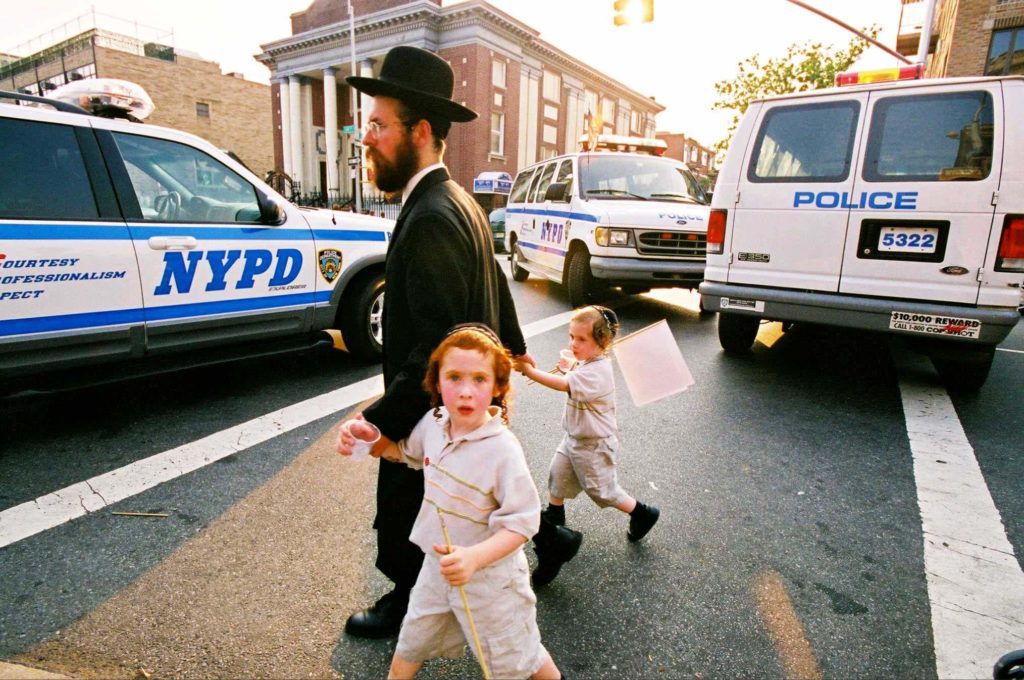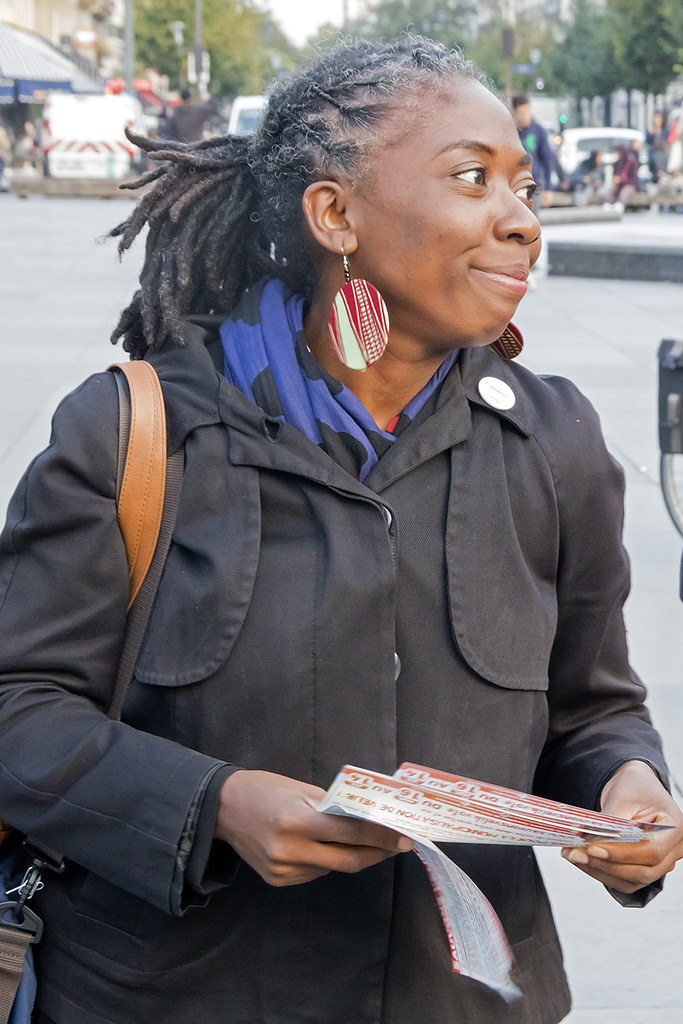Australia/Israel Review
Antisemitism rampant
May 31, 2021 | Ben Cohen

The return of the anti-Jewish mob
The left-wing French parliamentarian Danièle Obono stormed out of a live TV debate on May 13 about the latest round of Israeli-Palestinian hostilities hosted by the French-language channel of the Israeli broadcaster, i24 News. Obono took exception to another panelist characterising the political party Obono belongs to, La France Insoumise (“France Rising”), as not merely anti-Zionist, but blatantly antisemitic and pro-Islamist as well.
Upon hearing this, Obono declared that she was not being asked a question and was just being insulted instead. She removed her earpiece and left the set, refusing entreaties to sit back down and continue the discussion. As Obono made abundantly clear to both the presenter and the studio manager who asked her to remain, calling the party she supports “antisemitic” had crossed an unacceptable boundary.
Obono’s decision to walk rather than fight her case was entirely consistent with the approach of a large sector of the political left to the Israeli-Palestinian issue. They wear the label of anti-Zionism with pride; they advocate a single state of Palestine between the Mediterranean Sea and the River Jordan; they push for a comprehensive boycott of the Jewish state and no other country; they declare solidarity with Palestinian terrorist groups; they depict Jews not as an indigenous nation to the Middle East but as extraneous colonists; they vilify Israel by comparing its actions to the slaughters perpetrated by the historic enemies of the Jewish people; and yet, suggest to one of its representatives that any of this might be “antisemitic,” and they will react as though you spat in their face.

French parliamentarian Danièle Obono (Credit: Jacques Billaudel/ Flickr)
The events of recent weeks suggest to me that a response like that of Obono’s to an accusation of antisemitism is becoming outmoded. The charge has historically been regarded on the left as an insult largely because of the postwar taboo on openly identifying as an antisemite. But that legacy of the Nazi era is fading, along with our memories of the Holocaust. For a new generation much younger than Obono and other leaders of her LFI Party, casually hating Jews because they are Jews is as legitimate an expression of solidarity with the Palestinians as waving a Palestinian flag on a march, posting “boycott” stickers on Israeli goods in grocery stores, disrupting campus meetings addressed by Israeli speakers and sharing “Israel Apartheid Week” memes on social media. They are not insulted by the term “antisemite.” They simply dismiss it as a word of no value because it is wielded by the “f— Zionists” (a pejorative much heard on our streets lately) with whom they are locked in eternal conflict.
The mutation of antisemitism that the latest fighting between Israel and Hamas has given us a glimpse of hasn’t been seen in almost a century. It is one of the most disturbing forms that Jew-hatred takes; semi-organised mobs of mainly young men deliberately targeting individual Jews or Jewish-owned businesses with verbal abuse and physical violence. We associate such images with the Nazis most of all, but there are slightly more recent instances of such antisemitic violence. Throughout the Arab world in the late 1940s and ’50s, Jews were subjected to pogroms and other atrocities as a prelude to their mass expulsion and expropriation from these countries.
History is full of horrible ironies, and this is one of them. The mobs we have witnessed attacking Jews in cities on both sides of the Atlantic Ocean are overwhelmingly composed of members of the various Arab and wider Muslim communities; in European demonstrations, for example, Turkish and Algerian flags can be spotted alongside Palestinian ones. The same impulse that drove the eventual expulsion of nearly 800,000 Jews from the Arab world is now coming back to haunt us in the very countries where we sought our freedom.
The impulse that I am referring to is failure. In the Arab countries during the first decade of Israel’s existence, persecution of local Jews was one feat that could be accomplished, and indeed, relished, amid the humiliating battlefield defeats inflicted by the nascent Israel Defence Forces on the Arab armies. The legacy of that domestic campaign of antisemitism has travelled with us to different continents and vastly different political contexts. What remains the same is the conviction that Arabs are being disempowered, robbed and murdered by Jewish conspiracies, and that ordinary Arabs are therefore justified in taking their anger out on ordinary Jews in response.
This leads them to a simple conclusion – and one that was also widespread after Israel’s stunning victory in the 1967 Six-Day War: The Jewish state might have a powerful military, the Jews might control the banks and the media, but both will eventually taste defeat. Until then, the task of Arabs and Muslims is to make life as unpleasant for Jews, whether in Israel or outside, as possible.
Hence, the antisemitic spectacles around the globe that have accompanied the latest fighting in the Middle East: a motorised convoy through North London’s Jewish neighbourhoods threatening to rape the community’s daughters; pro-Palestinians driving by diners at a Los Angeles restaurant before getting out and beating Jewish ones: hundreds of protestors joyfully chanting the insult “S*** Jew!” at a pro-Palestinian demonstration in the German city of Gelsenkirchen; seven keffiyeh-wearing assailants kicking a kipah-wearing Jewish man in the road in New York City’s Times Square in broad daylight.
The mobilisation of young Arabs and Muslims living in the West – many of whom were born after the 9/11 terror attacks, and have grown up with their worldviews formed and filtered through social media – in the service of the Palestinian cause is a comparatively new element in this century-old conflict. It is also a highly unpredictable one. All that is certain is that the Middle East’s longest hatred is becoming an acute challenge for domestic policy, more than it ever was at the international level.
Ben Cohen is a New York City-based journalist and author who writes a weekly column on Jewish and international affairs for Jewish News Syndicate (www.jns.org) © JNS, reprinted by permission, all rights reserved.
Tags: Antisemitism, Europe, Palestinians






